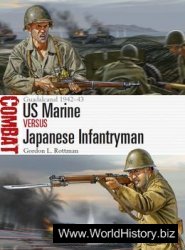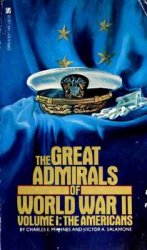1775. Within weeks after the opening skirmishes at Lexington and Concord, thousands of Patriot militia men had gathered around Boston and begun a siege of the British forces, which continued into 1776. General Artemas Ward was declared commander in chief by the Provincial Congress. Rhode Island, Connecticut, and New Hampshire also voted to send troops to Boston, and by the beginning of June a substantial if somewhat ill-trained and undersupplied army of patriots was on hand opposite the British positions.
On May 10 American forces led by Ethan Allen and Benedict Arnold successfully attacked Fort Ticonderoga in New York State and captured a substantial number of cannons. By March 1776 General Henry Knox had successfully hauled the captured cannons and mortars to Cambridge to support Washington's army. The Americans also captured Crown Point, and Benedict Arnold occupied St. John's across the Canadian border.
General Gage, supported by additional forces under Generals Howe, Clinton, and Burgoyne, imposed martial law on Massachusetts and declared the Patriots in a state of rebellion to be traitors. When Patriot leaders discovered that Gage was planning to expand his position to higher ground, they begin digging fortifications on Breed's Hill, near Bunker Hill. When Gage discovered the activity, he ordered British warships to fire on the positions and then planned a frontal assault. With General Howe leading the charge, the British were driven back twice with heavy losses but finally took Breed's Hill and Bunker Hill when the Patriots ran out of ammunition.
Bunker Hill, as it has been called ever since, was but a Pyrrhic victory for the British, as General Gage lost more than one thousand men; American casualties were four hundred. The only factor that made the engagement a victory for the British was the fact that they occupied the ground when the battle was over. One British officer expressed the opinion that, with one more victory like this, "we are finished."
Under the leadership of President John Hancock, the Continental Congress had appointed Washington to be commander in chief in June and authorized expenditures in support of the Army. Washington arrived in Boston on July 3 to take command and was disappointed in what he saw. He discovered that he had been misinformed concerning the amount of supplies and munitions on hand, and he was initially appalled by the lackadaisical attitude of some officers and the slovenly appearance and poor discipline of the troops. He is said to have complained, "Is this the rabble with which I am to defend America?"




 World History
World History









